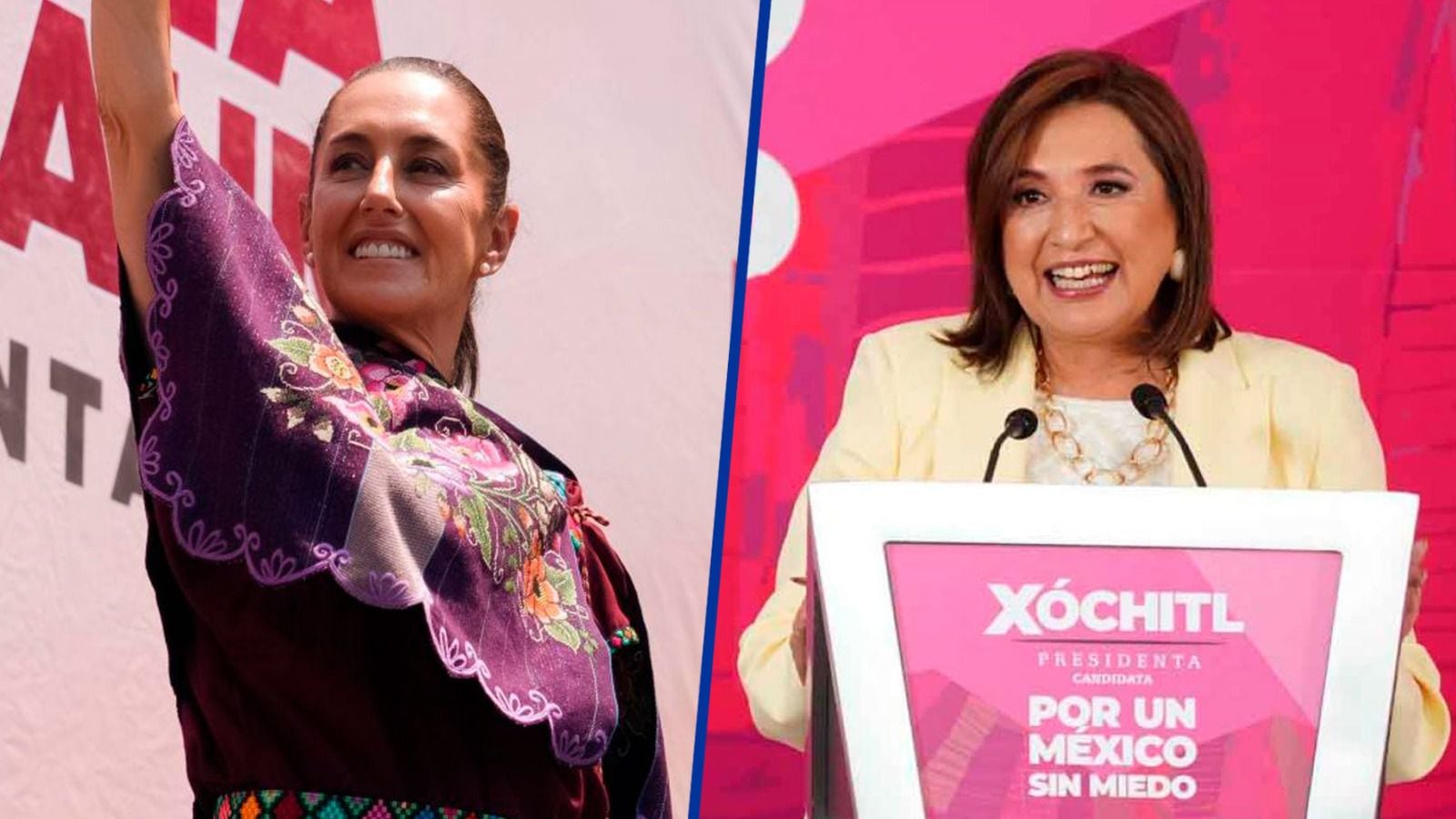
This Sunday the second presidential debate will take place, where economic issues, sustainable development, and poverty and inequality will be addressed. The moderation will include questions from the public, previously recorded in various squares across the country and in some cities in the United States. It seems that it will be more orderly, since it has been predetermined that the debate will be structured around eight questions, and the technical errors that hindered the first meeting will surely be corrected.
Better structured and produced, this debate could allow us to appreciate more clearly how each candidate presents their proposals, contrasts them with those of their opponents and demonstrates their dialectical skills. Xóchitl Gálvez has said that a clearer and more flexible format will allow her to be “owner of my time.” Perhaps thus, the impact on electoral preferences is greater than that recorded by the surveys after the first debate.
The most significant change seen in the Mitofsky survey published this week is Jorge Álvarez Máynez’s growth of almost 5 percentage points in gross electoral preferences, reaching almost 10 percent of voting intention. Preferences for the two candidates showed minor variations after the debate: Claudia Sheinbaum went from 50.5 percent to 51.4 percent, while Gálvez fell from 28.8 percent to 26.7 percent.
It is difficult to determine what specifically Máynez’s growth is due to. One factor that may have influenced is the success of the song ‘Máynez Presidente’, which became among the most viral songs on Spotify. Another factor her campaign will surely be considering is her performance in the first debate. If his interpretation is that this helped the candidate, we will surely see him, once again, smiling and trying to show himself as the most proactive.
The main difference now could be that Máynez, without stopping proposing, is even more critical of Gálvez, since he can only grow at the expense of those who have not yet defined their vote, who are fewer and fewer, or of the opposition candidate. It does not seem likely that Máynez will take away votes from Sheinbaum, since in the eyes of the electorate he is more in the opposition camp. On Sunday we will see if he, indeed, goes after some of Gálvez’s votes.
Given the distance that separates her from Sheinbaum, I believe that Gálvez has no other option than, once again, to go on the offensive to highlight the weak points of the striker, ensuring that she becomes unbalanced and makes mistakes. The experience of the first debate will serve as a reference to refine his strategy and execute it with greater forcefulness and authenticity. This same week, the candidate announced that she will be more incisive and “questioning” with her opponent, who, as she anticipates, will not have answers and will lie. Additionally, she mentioned that she will not follow the advice of her advisors and that she will wear a huipil, since wearing a tailored suit was “a failure.”
Gálvez’s challenge is that the issues that will be addressed on Sunday are not those on which the government of President Andrés Manuel López Obrador is least qualified. In almost all of them, the candidate Sheinbaum has elements to build arguments in her favor, even though in all of them there are also red or yellow lights. Thus, for example, although there are time bombs in the economic area, such as the high fiscal deficit, there is money on the street and we are not experiencing a crisis situation. Likewise, although social deprivation has increased, dramatically in the case of health, there is data on poverty reduction that she will surely use.
None of the topics in this debate offer the opposition candidate such obvious flanks for attack as the deterioration in health, education or violence against women, which were discussed in the first debate, nor the insecurity that will be discussed in the last. It will be necessary to see if the candidate of the opposition alliance sticks to the predefined topics for the debate or if she deviates to exploit those topics on which she believes she can score more points. I suspect she will opt for the latter.
Candidate Sheinbaum would not have to change her strategic approach, since the first debate does not seem to have affected her; she remains in the lead, with a comfortable lead. She will come out to be presidential, to manipulate the data at her convenience and to turn thorny issues around. It will be interesting to see if she acknowledges receipt of the President’s complaint because, according to him, no one talked about her achievements in the first debate. If so, we will see Sheinbaum defending the 4T and the President more strongly.
In a context of rather flat campaigns, without major surprises or shocks, the debates are clearly placed at the center of the contest. If there is going to be a change in electoral preferences, the natural space for this to happen would be in the debates. The first one didn’t have that effect. It remains to be seen if the second shakes up the electoral landscape.
